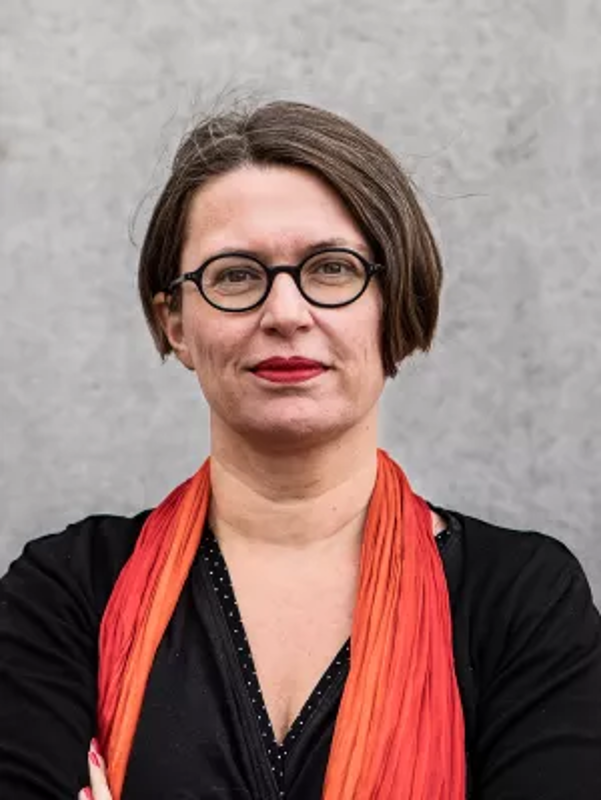12 December 2025 at 12:15 – 13:00. Bring your lunch and join the seminar on Zoom: https://lu-se.zoom.us/j/65437566996.
Irina Schmitt is a senior lecturer in gender studies at Lund University. Irina’s research focuses on trans- and queer-feminist educational research with a focus on organizations where knowledge is produced and the national is inscribed, such as schools and colleges. Irina will present on the topic during Human Rights Lunch Online 12 December 2025 and share reflections from a study with trans pupils in Swedish schools.
In interviews with a heterogeneous group of 13 young trans people about their experiences in schools in Sweden, participants discussed how (some) adults in schools assigned emotional responsibility to them to manage possible tensions when these young people claimed space or asked for support. I am curious about such processes of assigning emotional responsibility to gender nonconforming students. How do affective signals that adults in schools give young trans people – such as confusion and rejection – inform a sense of intelligibility and probability in the now? How do the participants respond?
I situate this analysis in intersectional genealogies of queer- and transfeminist education research, engaging studies on gender nonconforming young people and critical queer and transfeminist analyses of emotions and of being young. I take cues from Sara Ahmed’s analysis of “affect aliens” in The Promise of Happiness (2010), who see through the reasons of their othering and build the willingness to resist and to change. How can the concept of the affect alien help us understand the experiences of the participants, in a setting where rights are codified but not lived? Ahmed argues for a careful re-evaluation of unhappiness as assigned to queer-ness and queer bodies in the eyes of others, not least parents. This holds the possibility for a “revolutionary consciousness” for Ahmed, the willingness to resist and to change. In this seminar, I will explore this revolutionary potential in the material.

While this analysis focuses on the context of school, I hope it can be understood in a wider discursive context, where the figure of the “trans child” (a category that encompasses young people and young adults) is laden with affect.
Irina Schmitt, senior lecturer in gender studies at Lund University.

